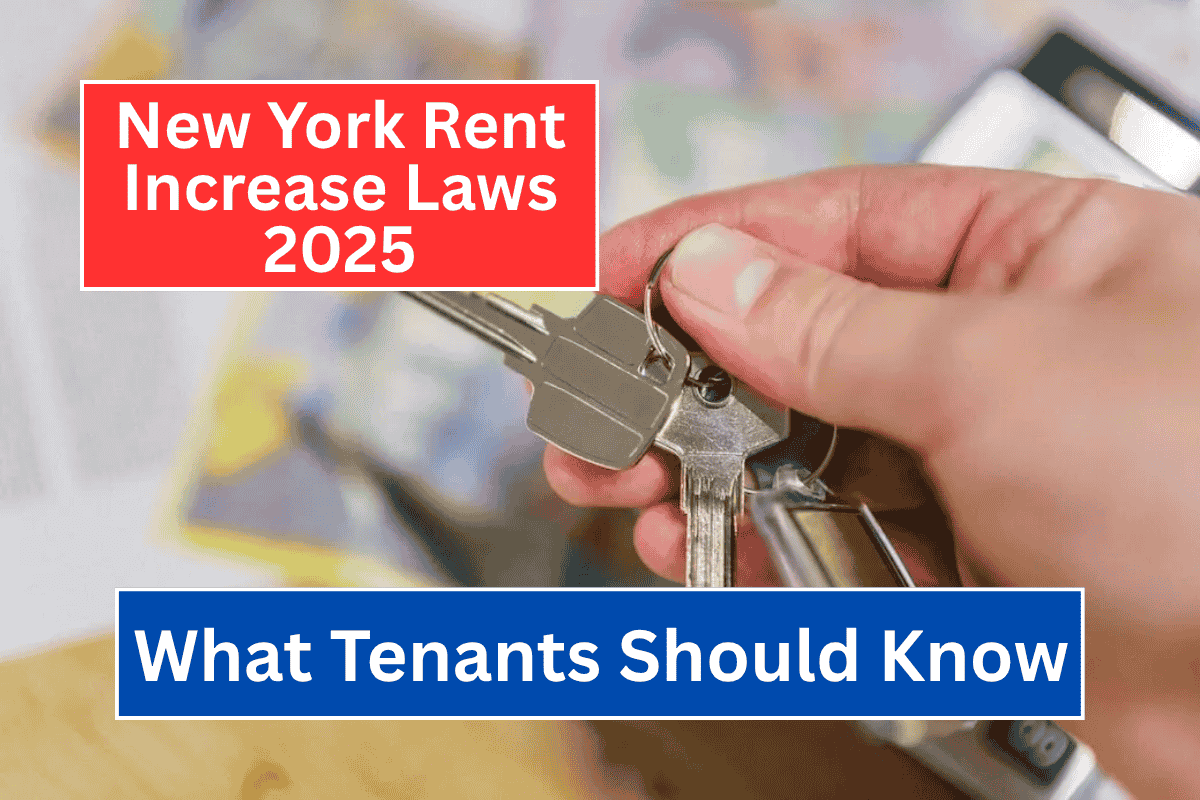As New York City residents continue to face rising living costs, the issue of rent increases is once again at the forefront. The Rent Guidelines Board, responsible for setting the rent increase limits for rent-stabilized apartments in the city, has made a crucial decision that will impact millions of tenants.
While this is not the final vote, it has already sparked significant debate and raised concerns among both tenants and landlords.
Recent Rent Guidelines Board Decision
The New York City Rent Guidelines Board held a revote in late May 2025 to adjust the proposed range of rent increases for two-year leases. The board, which consists of nine members appointed by the mayor, voted to reduce the initial proposed range.
The new range for two-year leases will be between 3.75% and 7.75%, down from the previous range of 4.75% to 7.75%. While this is a reduction, it still represents a significant burden on tenants, especially as living costs continue to rise.
For one-year lease increases, the proposed range remains unchanged at 1.75% to 4.75%.
Tenant Advocacy and Criticism
The decision to lower the rent increase range was not without controversy. Tenant advocates, including Charlie Dulik from the nonprofit Housing Conservation Coordinators, argue that this increase is still too high.
Dulik emphasizes that tenants, particularly those already struggling with rising living expenses, need a rent freeze rather than another increase.
He points out that while landlords’ profits have increased by 12% in the past year, tenant wages have not kept pace, making it even harder for residents to afford rent. For many, these increases are pushing them closer to the edge of affordability, particularly for those living in rent-stabilized apartments.
Mayor’s Concerns and Pushback
Mayor Eric Adams has also expressed concern about the proposed increases, saying the previous range of 7.75% was “far too unreasonable.”
He believes the Rent Guidelines Board must find a “sweet spot” to balance the needs of tenants and small property owners, ensuring that landlords do not face financial losses while still making housing affordable for residents.
Adams’ comments came after public outcry and internal pushback against the board’s initial proposals, signaling the ongoing struggle to find a fair balance between tenants’ needs and landlords’ financial requirements.
Landlords’ Financial Strain
On the other side of the debate, landlords argue that the rising costs of maintaining properties, including taxes and utility bills, make rent increases necessary.
Isaac Rabinovitch, a landlord of a small four-unit building in Manhattan, explained that his property tax bills have risen by more than 8%, and utility rates have also increased. He believes that a 6% to 7% increase is necessary for landlords to keep up with these costs.
Tenant Perspectives: The Struggle to Stay
For long-time residents like Anne Perryman, who has lived in her rent-stabilized apartment for over 50 years, the rising rents are becoming a major concern.
Perryman, who serves as the president of her building’s tenant association, emphasizes that these rent increases are taking a toll on elderly residents, many of whom live on fixed incomes. She shares her fear of being forced out of her long-time home due to unaffordable rent hikes.
As a senior citizen, Perryman struggles to maintain her lifestyle as rents climb. She explains that most of the rent-stabilized tenants in her building are retired and have limited financial resources. The constant increases make it harder for them to stay in their homes and communities.
What’s Next for Rent Increases in NYC?
While the decision to lower the rent increase range for two-year leases is a step in the right direction, the final decision will be made at the end of June 2025. Public hearings will continue until then, and tenants and landlords alike will be closely watching the final vote on June 27.
The outcome will determine whether the adjustments will be enough to alleviate some of the financial pressure on New York City renters or if more drastic measures will be needed.
As New York City prepares for a final vote on rent increases, both tenants and landlords are navigating a complex and emotional issue. Tenants, particularly those in rent-stabilized apartments, are calling for rent freezes or lower increases, as they struggle to manage rising living costs.
Landlords, on the other hand, argue that increases are necessary to maintain property upkeep amid rising costs. The upcoming final vote in June 2025 will be a crucial moment for New York City’s housing future, determining how both parties can coexist in an increasingly difficult rental market.












